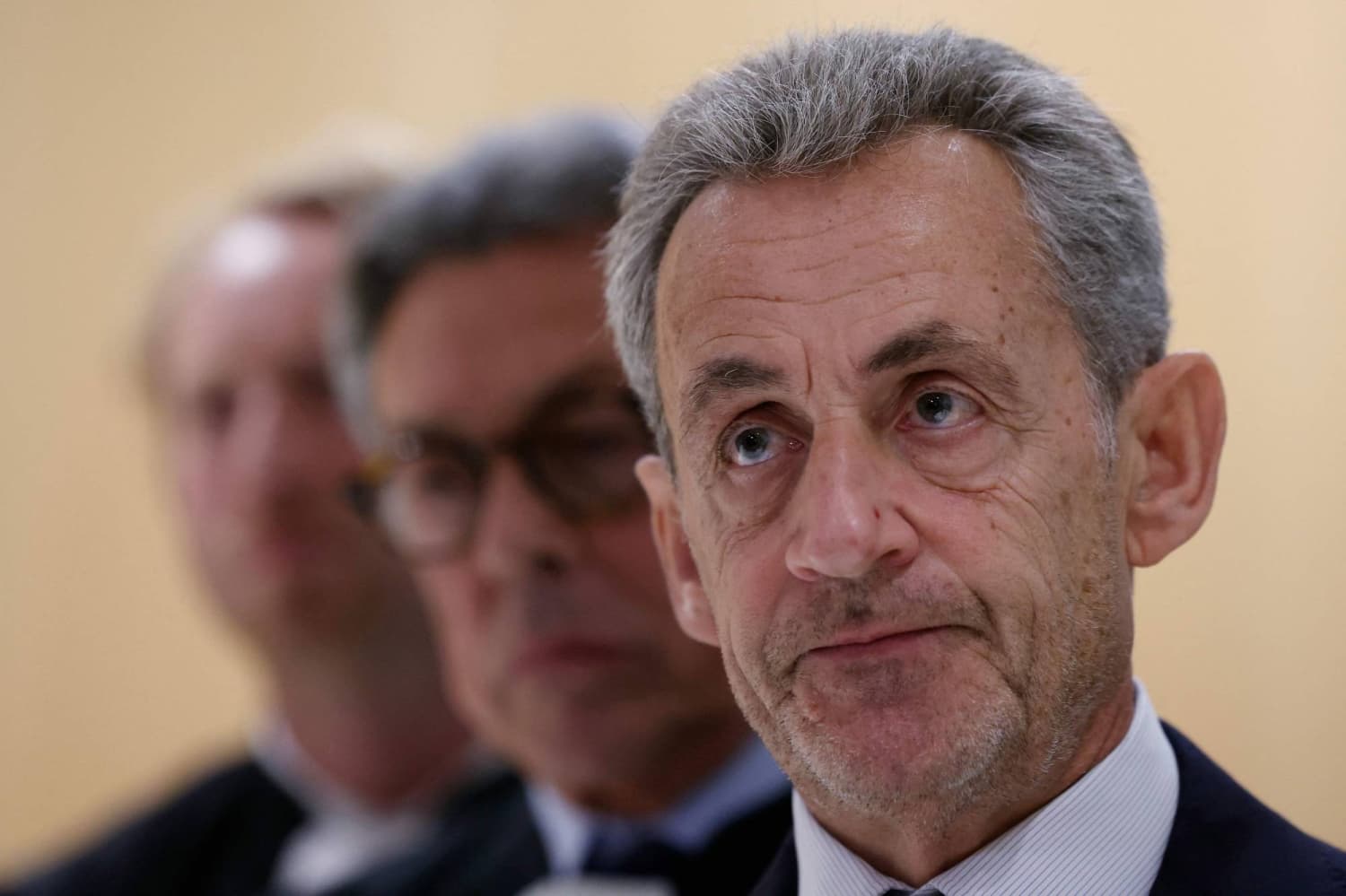We're loading the full news article for you. This includes the article content, images, author information, and related articles.
The imprisonment of France's ex-president for seeking illicit campaign funds from a dictator sends a powerful anti-corruption message, resonating across a Kenyan and African political landscape long plagued by impunity.

Former French President Nicolas Sarkozy began a five-year prison sentence on Tuesday, 28 October 2025, for criminal conspiracy in a scheme to illegally finance his 2007 presidential campaign with funds from the regime of the late Libyan dictator Muammar Gaddafi. The 70-year-old politician, who led France from 2007 to 2012, entered the historic La Santé prison in Paris shortly after 11:40 AM EAT (09:40 AM local time), becoming the first former French head of state to be incarcerated since Marshal Philippe Pétain in 1945. Pétain, the leader of the collaborationist Vichy regime, was convicted of treason after World War II.
A Paris court convicted Sarkozy on 25 September 2025, finding him guilty of conspiring with close aides to solicit millions in illicit donations from Gaddafi's government. The lead judge, Nathalie Gavarino, described the facts of the case as being of “exceptional gravity” and “likely to undermine citizens' trust.” While the court acquitted him of personally handling the funds and other charges like passive corruption, it ruled that he orchestrated the conspiracy. In a rare move, the court ordered his immediate incarceration, even while his appeal is pending, a decision his lawyers have contested.
Before his incarceration, Sarkozy maintained his innocence in a message posted on social media. "It is not a former president of the republic being jailed this morning, but an innocent man," he stated. "I have no doubt. The truth will prevail." He left his home in Paris hand-in-hand with his wife, Carla Bruni, to cheers from dozens of supporters who had gathered outside.
Sarkozy's imprisonment has ignited a significant debate on political accountability and the rule of law that extends far beyond France, with particular resonance in Kenya and across Africa. For decades, the relationship between France and its former African colonies, often termed 'Françafrique', has been criticized for its opacity, involving murky financial and political deals that have propped up autocratic leaders and fostered a culture of impunity. Sarkozy's conviction for seeking funds from an African dictator is seen by many analysts as a landmark indictment of this system.
For anti-corruption advocates in Kenya, the verdict serves as a powerful precedent. It demonstrates that even the most powerful political figures can be held accountable, a stark contrast to a regional landscape where high-level corruption cases often stall or result in acquittals. Commentators have noted that while France is holding a former president accountable, many African leaders accused of similar or worse offenses often evade justice. The case highlights the critical importance of an independent judiciary, a cornerstone of democracy that remains a challenge in many African nations where political interference in legal processes is common.
The conviction reinforces the principle that institutions must be stronger than individuals. In many African states, governance often revolves around powerful personalities rather than robust, independent bodies. The French judiciary's ability to prosecute a former head of state underscores the necessity of building resilient institutions—from anti-graft agencies to courts—that can function without fear or favour. The global attention on Sarkozy's fall from grace provides a cautionary tale and a potential catalyst for renewed anti-corruption efforts, reminding citizens and civil society across the continent of the vital role of media oversight and public vigilance in demanding transparency and holding leaders to account.
The prosecution's case, which took over a decade to build, argued that Sarkozy and his aides struck a deal with the Gaddafi regime in 2005 to secure funding for his successful 2007 presidential bid. In return, investigators believe Gaddafi was promised assistance in rehabilitating his international image. Following Sarkozy's election, France and Libya signed significant commercial deals, including for the sale of Airbus aircraft and a nuclear cooperation agreement. Ironically, in 2011, President Sarkozy was a leading proponent of the NATO-led military intervention in Libya that ultimately led to Gaddafi's overthrow and death.
Sarkozy is being held in an isolation wing of La Santé prison for his own security. This is not his first conviction. He has previously been found guilty in two other cases: one for corruption and influence peddling, which he served under house arrest with an electronic tag, and another for illegal financing of his failed 2012 re-election campaign. An Elabe poll conducted in France found that 58% of French citizens considered the prison sentence to be fair.
Keep the conversation in one place—threads here stay linked to the story and in the forums.
Sign in to start a discussion
Start a conversation about this story and keep it linked here.
Other hot threads
E-sports and Gaming Community in Kenya
Active 9 months ago
The Role of Technology in Modern Agriculture (AgriTech)
Active 9 months ago
Popular Recreational Activities Across Counties
Active 9 months ago
Investing in Youth Sports Development Programs
Active 9 months ago